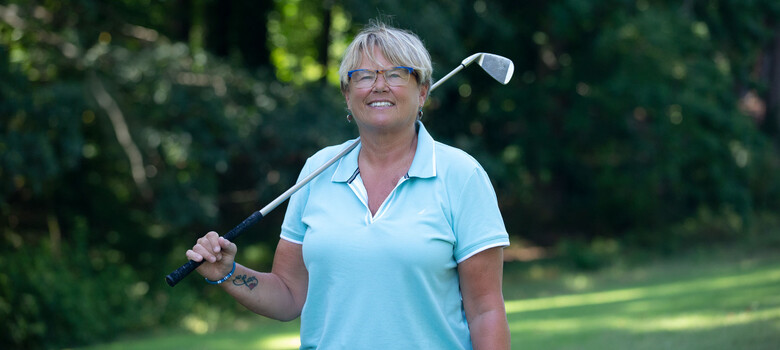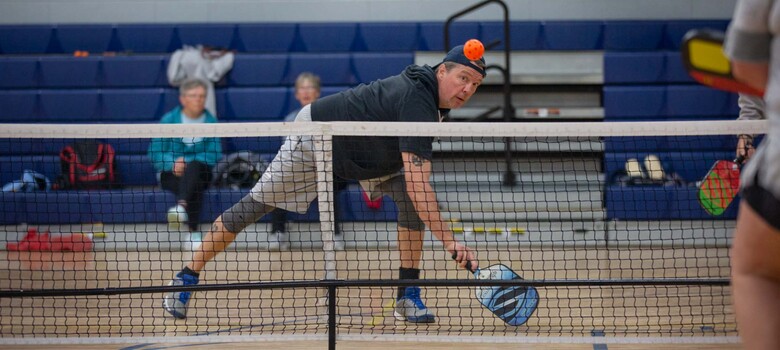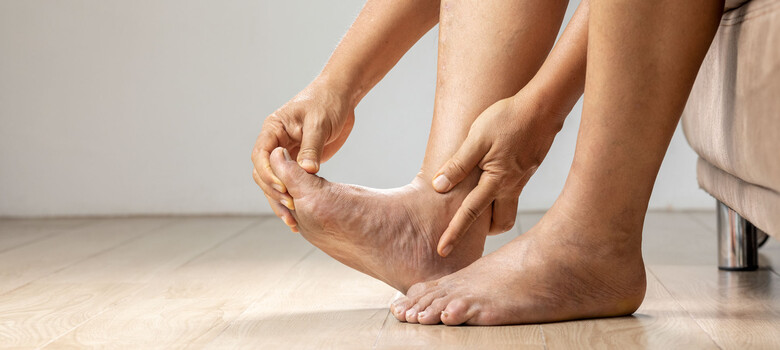Preventing Rotator Cuff Injuries

Rotator cuff tears are more common than you may think. About 10% of people in their 50s and half over the age of 70 will have one. While many rotator cuff tears are related to aging, they can occur in younger people as a result of overuse, poor shoulder mechanics, or injury. Rotator cuff injuries affect all types of people -- sedentary adults, weekend warriors, and elite athletes.
Fortunately, there are steps you can take to reduce your risks. “Good posture in the shoulder blades, stretching, and some very simple strengthening exercises will help prevent many of the shoulder problems you could have,” said Jocelyn Wittstein, MD, a shoulder specialist at Duke Health. “Also, modifying lifting and exercise practices can reduce the risk of shoulder injury or reinjury.”
Overhead Activity Leads to Shoulder Injuries
It's true that baseball pitchers suffer rotator cuff tears -- or rather, fraying on the edges of some tendons -- because of the extreme position of the shoulder and the tremendous force they exert on their shoulders every time they throw the ball.
But overhead activity of all kinds is what tends to injure people: reaching up repeatedly to paint a wall, putting a heavy suitcase in an overhead bin, or serving a tennis ball. “Any time your arms are raised up over your head, the rotator cuff might be in an awkward position,” said Dr. Wittstein, a Duke orthopaedic surgeon. “This in combination with lifting or lowering something heavy away from the body really strains the rotator cuff.”
The first sign of a rotator cuff injury is often nagging shoulder pain when performing everyday activities such as washing your hair, lifting a gallon of milk, or reaching for something on the back seat of the car. Pain is usually felt at the side of the shoulder and can often radiate toward the elbow. Injured shoulders can also be troublesome at night when lying down allows the inflamed joint to stretch or when sleeping on your side. Occasionally, nighttime pain can get so bad that sleep is possible only in a reclining chair -- and some patients can’t sleep at all.
Exercises Can Prevent Rotator Cuff Injuries
The shoulder has more range of motion than any other joint. Most of its stability and movement relies on the small rotator cuff muscles and the larger muscles that surround the shoulder joint. Traditional weightlifting and aerobic exercise provide many benefits but typically do not focus on strengthening and stretching the complicated assembly of muscles that keep the shoulder joint stable and healthy.
Dr. Wittstein said that a shoulder exercise program should work the muscles that retract the shoulder blades, stretch the chest and the back of the shoulder joint, and strengthen all the muscles of the rotator cuff. These exercises will strengthen your rotator cuff and help prevent injury, whether you are active or inactive, young or old.
Treatment Options for Torn Rotator Cuffs
If you tear your rotator cuff, there are several treatment options. The type of treatment depends not only on the extent of the injury but also on your age and functional demands. While many complete rotator cuff tears benefit from surgical repair, surgery is not always necessary.
Cortisone injections can reduce pain but should be used sparingly, as they can affect the ability of the rotator cuff to heal if you decide to have a surgical repair in the near future. Other medications like Tylenol and anti-inflammatories may also help.
People with a partial tear or who want to avoid surgery can benefit from physical therapy, which they are encouraged to continue at home. Sometimes, strengthening is all that’s needed, even if your rotator cuff is torn. That’s because “four separate rotator cuff tendons surround the shoulder,” Dr. Wittstein explained. “If you have torn half of one tendon, you still have three and a half tendons left. If those are strong, it can often fully compensate for the torn part.”
However, rotator cuff tears that involve the full thickness of the tendon and remain painful may enlarge over time. “Those are the rotator cuff tears we are more likely to repair with surgery early on,” she says.
She added, “Many people with a small tear can have a pain-free, strong, healthy shoulder with full ability to do an overhead activity. That’s why keeping those muscles strong is so important.”
If you think you may have a rotator cuff injury, consider scheduling an appointment with a Duke shoulder specialist.




